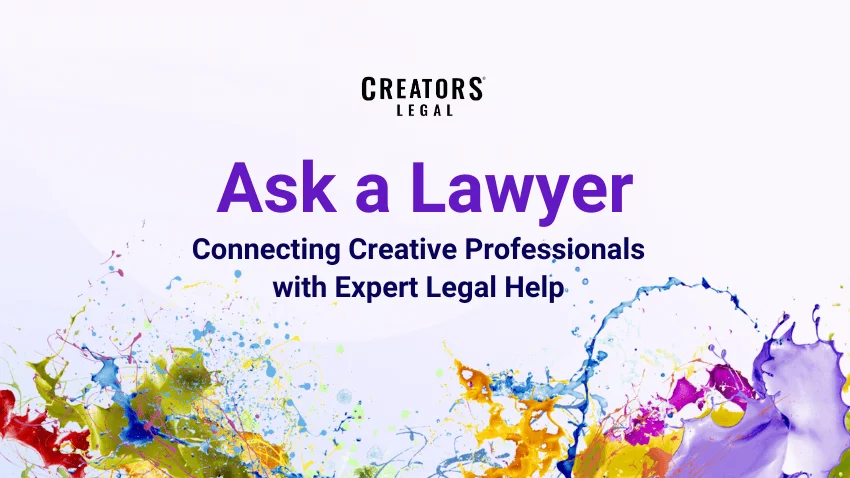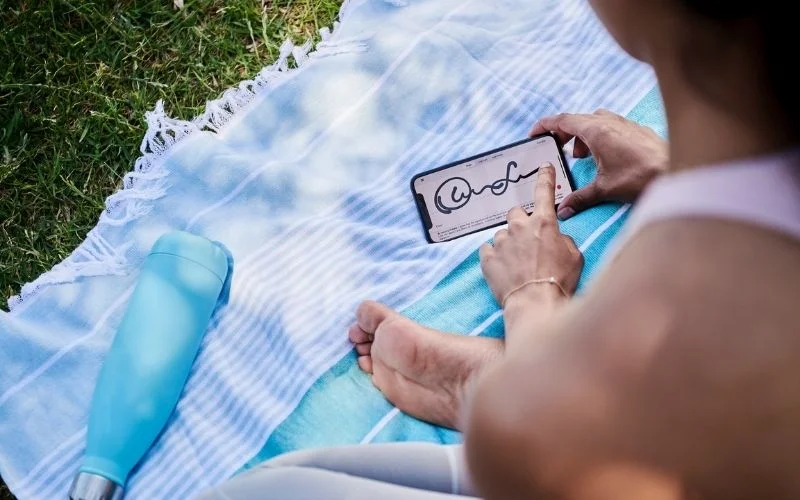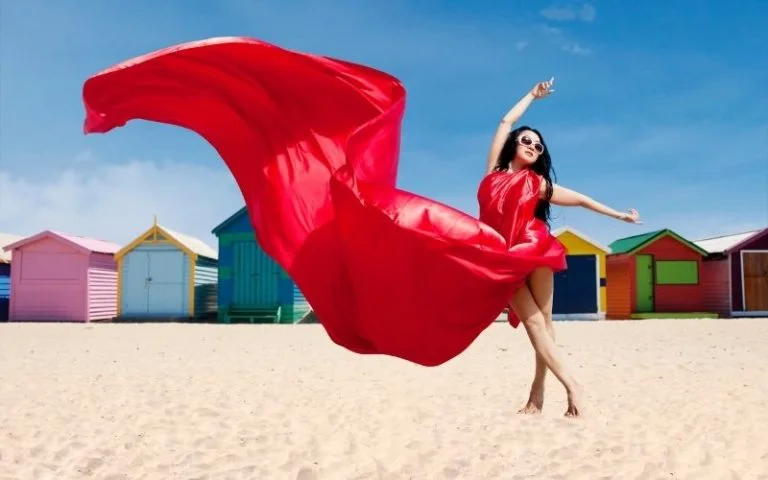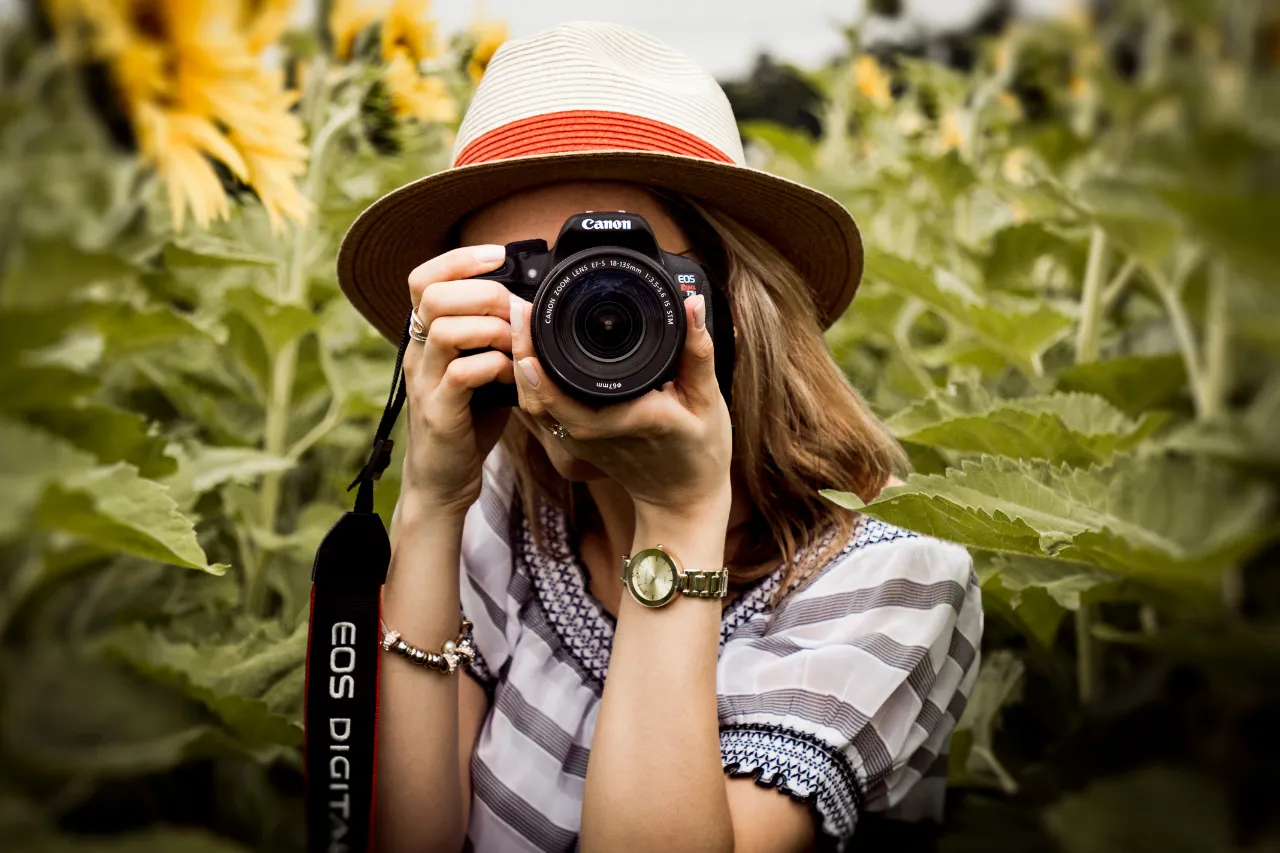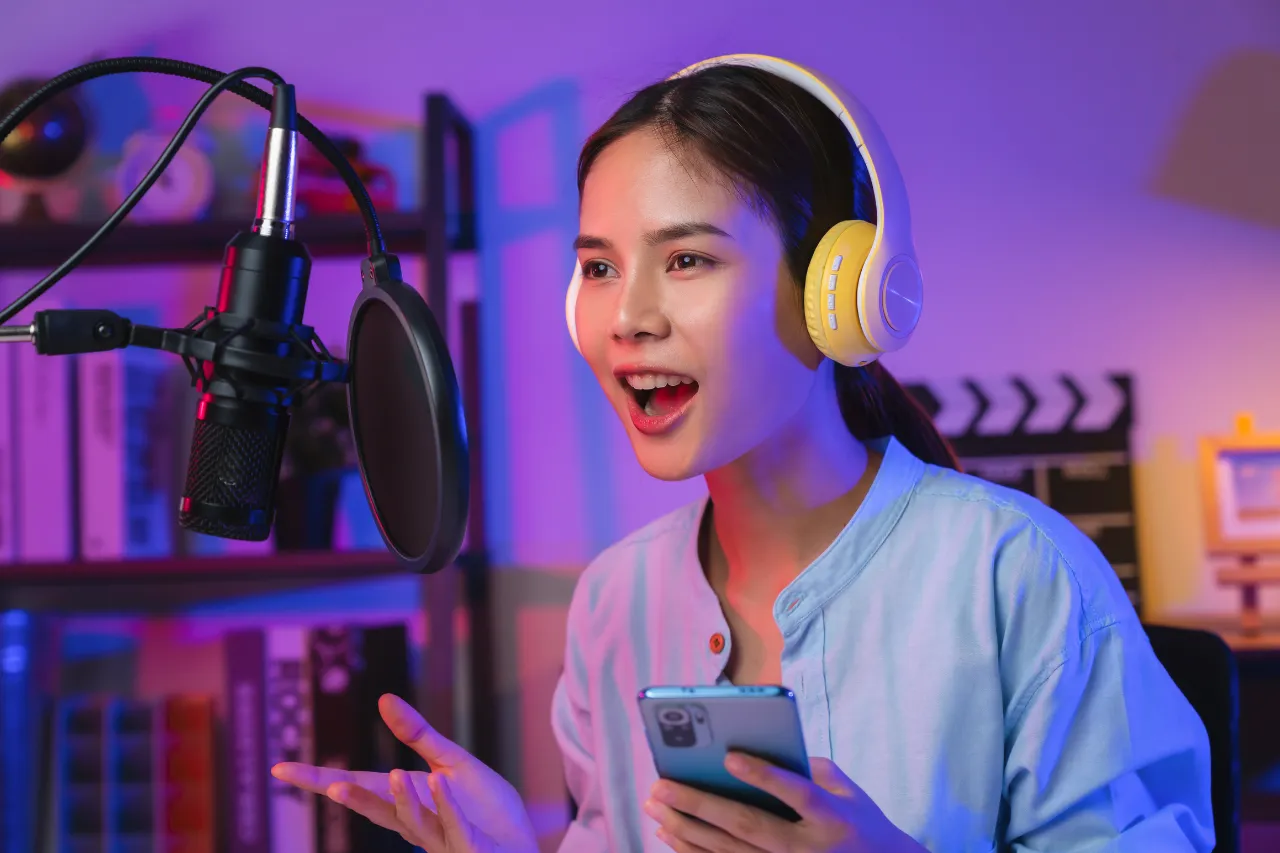Is AI Generated Art Really Art? A Look at the Debate Surrounding Artificial Intelligence in the Art World. First, the realm of art is being reshaped by artificial intelligence. It fuels a contentious debate over whether AI-generated art qualifies as true artistry.
This discourse is magnified by recent legal and cultural shifts. Particularly the landmark “Warhol Ruling” on fair use and copyright law. That may influence the future of AI in creative expression. As AI advances, it challenges traditional notions of authorship. In the same way, creativity raises questions about intellectual property rights. These concerns underscore the need for artists to:
- Navigate the intersection of technology and law with vigilance.
- Explore this modern artistic frontier
- Understanding the legalities becomes as essential as appreciating the aesthetics.
Artificial intelligence (AI) has been making waves in the art world in recent years. For example, some arguing that AI-generated art should be considered on par with pieces created by humans. Others believe it lacks the essential human element that makes art artistic.
Become One of 8,000+ Innovators Transforming the Future your Business!
Subscribe and access over 300 editable and downloadable contracts
Some arguments against the validity of AI-generated art

One of the objections is AI lacks the emotional and personal expression. This is seen as crucial to the art-making process. As artist and professor at Carnegie Mellon University, Golan Levin puts it:
“There’s a long tradition of art being about human expression, about the artist’s hand, about the artist’s touch, about the artist’s intention. And so, if you take that away, and you have a machine doing it, it’s hard for people to see it as art.”
But, others argue that AI in the creative process represents a development in the art world. Besides, that AI-generated art should be judged by the same criteria as humans. As gallerist and art collector Timo Saghafi explains:
“I don’t think that the fact that an artist is using a computer to create a work of art disqualifies it from being considered fine art… I think that the emotional content and the intention behind the work is what matters.”
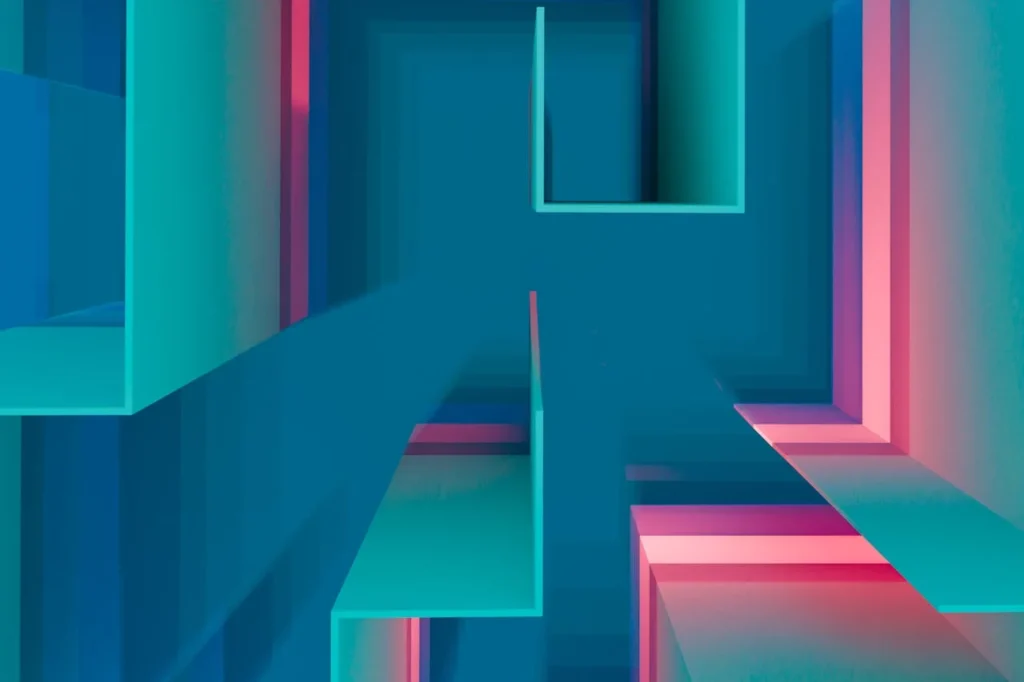
Things to consider AI-generated art intricacies
Navigate the complexities of the art world by exploring ‘Paint to Opening Night: A Guide to Contracts for Artists and Gallery Owners.’ Get invaluable insights into crafting agreements that honor your work and partnership. As a result, setting the stage for a successful exhibition. Perfect for artists ready to showcase their work. Additionally, for gallery owners looking to exhibit new talent. It ensures the protection of every brushstroke. Also, helps to understand the fine print of artist-gallery contracts.
On the other hand, one of the issues at the heart of the debate over AI-generated art is the question of authorship. Who, exactly, should be credited for the creation of an AI-generated piece? While others believe that the human creators of the algorithm should be given credit, some argue the algorithm itself should be seen as the artist. As artist and researcher Mario Klingemann points out:
“The idea of the solitary genius artist is quite a romanticized one and not really representative of how art has always been made… [AI] is just another tool in the toolbox that you can use to create something.”
Relevance of human artists in the use of AI-generated art
Another factor to consider is the protagonism of the human artist in the use of AI-generated art. Many artists use AI to assist them in their work, rather than depending on algorithms to create the art for them. In these cases, the human artist still plays a significant role in the creative process, even if they count on AI to some extent.
Despite the debate over the validity of AI-generated art, it has affected the art world. AI pieces have been exhibited in galleries and sold for big sums of money. The first AI-generated artwork was sold in an auction, fetching $432,500 at Christie’s in 2018. In fact, a recent study found that between 2015 and 2018, the percentage of AI’s works sold at auction increased from 0.1% to 4.5%.
Stay informed about the latest legal developments impacting creators. Go to ‘Creators in Crosshairs: The Implications of the Warhol Ruling on Fair Use and Copyright Law’. Protect your artistic rights.
The Wrap
As the use of AI in the art continues to evolve, it will be interesting to see how the debate over its validity plays out. While that AI has the potential to revolutionize the way we create art, it’s relevant to consider the ethical implications of its use. This ensures that the human element of art-making is not lost in the process.
Get a powerful form builder and a safe e-signature system. Access to your personalized dashboard to store and manage all your contracts. Protect yourself in minutes without pricey entertainment attorneys!
